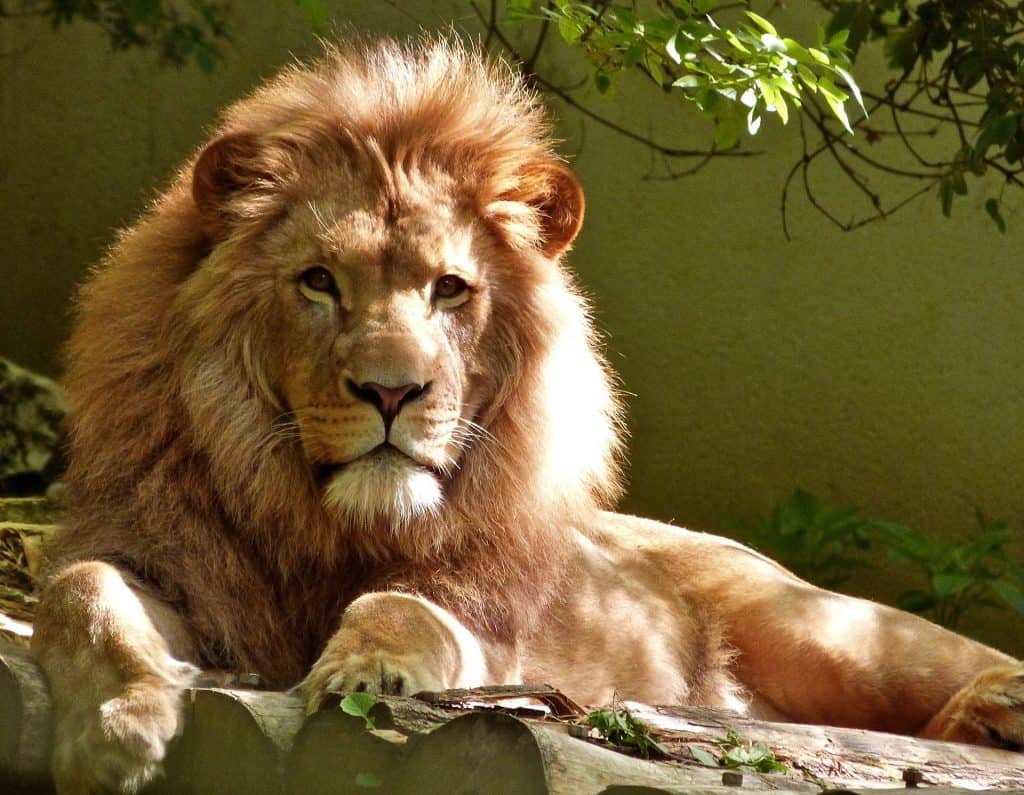If you love animals and want to make caring for them a career, you may decide to become a zookeeper. Zookeepers manage animals in environments like zoos and aquariums. Daily tasks include keeping enclosures clean and secure, feeding the animals, and looking for signs of illness or distress. Zookeepers also provide simple medical care, train animals, and educate visitors. They may specialize in one kind of animal or in groups, such as marine animals or primates.
The Pros and Cons
Zookeepers work mostly outdoors, and the hours involve nights and weekends. They risk being kicked, bitten or scratched; and the work can be smelly and messy. One hazard of the job is getting attached to an animal and then watching it get sick or die. Although jobs are competitive, they may not be high-paying.
Five Steps to Becoming a Zookeeper
Zookeepers must know a lot about animals and be at ease when working with them. Although an associate degree may be adequate, employers usually require a bachelor’s degree in animal science, zoology, or any life science. Prior job experience may take the place of education, but positions at higher levels often require 1 to 5 years of job experience and a degree. Experience can come from an internship.
The job requires the ability to make independent decisions, keep accurate records, manage animals, do physical labor, and be competent in the use of Microsoft software. Any training in biology, zoology, conservation or animal care will be helpful.
1. Get an Education
There are no schools to train zookeepers, and colleges don’t offer a degree in that specific subject. Degrees in fields like these will be accepted: biology, zoology, wildlife biology or evolutionary biology. Programs vary, but some allow students to specialize in areas like animal behavior, forestry, aquatic biology, or herpetology. The best choice of a specialty depends on the desired entry job.
Colleges affiliated with a local zoo may offer an associate’s degree in zoo technology and an opportunity for valuable hands-on experience before, during or after the classes. Specific courses in animal training may be available, or students may be able to transfer to a related bachelor’s program.
Every program has its own specialties, and training should apply to the type of job desired. A school that has professors who research animal behavior, for example, offers students a better chance of employment than one that focuses on classroom lectures.
Ready to start your journey?
3. Get Experience Working With Animals
Zoos or sites like wildlife rehabilitation centers and animal shelters are good places for students to volunteer or perform internships. Although an internship doesn’t replace a degree, it may be eligible for college credits. Students usually start as volunteers, but their experience can lead to valuable job referrals and paid internships. Getting to know a zookeeper and being familiar with the way a zoo works increases the chances of employment.
4. Start Early
The earlier students learn about animals, the more experience they’ll have when it’s time for a career as a zookeeper. High school (or earlier) is a good time to start. When it’s time to select courses, ask a guidance counselor to recommend the best ones.
Students can look for part-time jobs or volunteer to work with animals. Farms, horse stables, animal shelters, veterinary hospitals, pet breeders and zoos all provide much-needed experience. High school students should research schools to find the ones that offer the best curriculum for desired jobs.
5. Prepare For the Future
A master’s degree is not required for zookeepers, but it may lead to higher-level positions. Websites like the American Association of Zoo Keepers and the American Zoo and Aquarium Association are excellent sources of information for aspiring job seekers.
Zookeeper Salaries
The salaries of U.S. zookeepers in 2022 range from $10,240 to $209,552. For the middle 57%, pay ranges between $37,730 and $94,998. According to the U.S. Bureau of Labor Statistics, jobs for animal care and service workers should increase by 33% between 2020 and 2030, a rate faster than most other occupations.
Jobs Similar to Zookeepers
Jobs in related fields include farm workers, ranchers, veterinarians and their assistants, technicians who do medical tests, zoologists, and biologists.
